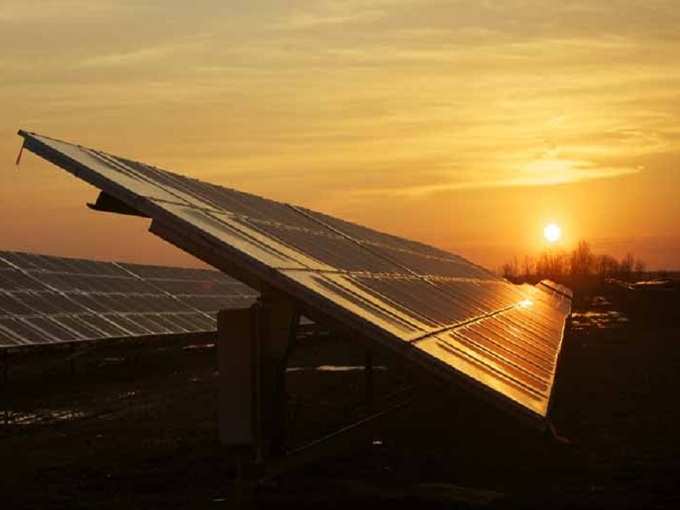 In its bid to build a solar India,
In its bid to build a solar India, They will be looking at developing a power management system to optimize the operation of multiple micro grids, with or without grid connection, to transmit electricity reliably to small villages. This system will also enable the integration of individual solar PV rooftops to the micro grid of a village. Such grid clusters are expected to have the capability of generating and using renewable energy locally from one kilowatt to a few hundred kilowatts. This inter-connection of micro grids with the existing distribution system will also help reduce outages and cut electricity costs.
As of now, the government is looking at a generation capacity of 40 GW in the next five years through grid-connected solar photovoltaic rooftops and small scale solar PV plants.
The project scope includes micro grids of 20 to 100 kW capacity equipped with battery storage. Detailed studies and simulation of the various system components along with related control and optimization logic, protection criteria, monitoring and communication will also be undertaken.
"While India has set an ambitious target for solar energy generation, IIT Madras has been at the forefront in developing decentralised energy-efficient solar PV micro grid solutions tailored to meet India's urban, rural and off-grid power requirements," said Bhaskar Ramamurthi, Director of IIT Madras.
Meanwhile, ABB India's managing director
Interestingly, ABB’s Access to Electricity social initiative in India has already demonstrated significant impact in the country.
The company has brought
ABB recently announced the setting up of India’s first solar-powered micro grid to provide uninterrupted power supply to its factories in Vadodara.
With the slow but steady work by the institute, industry and the government, it seems India is not too far away from achieving its solar dream.